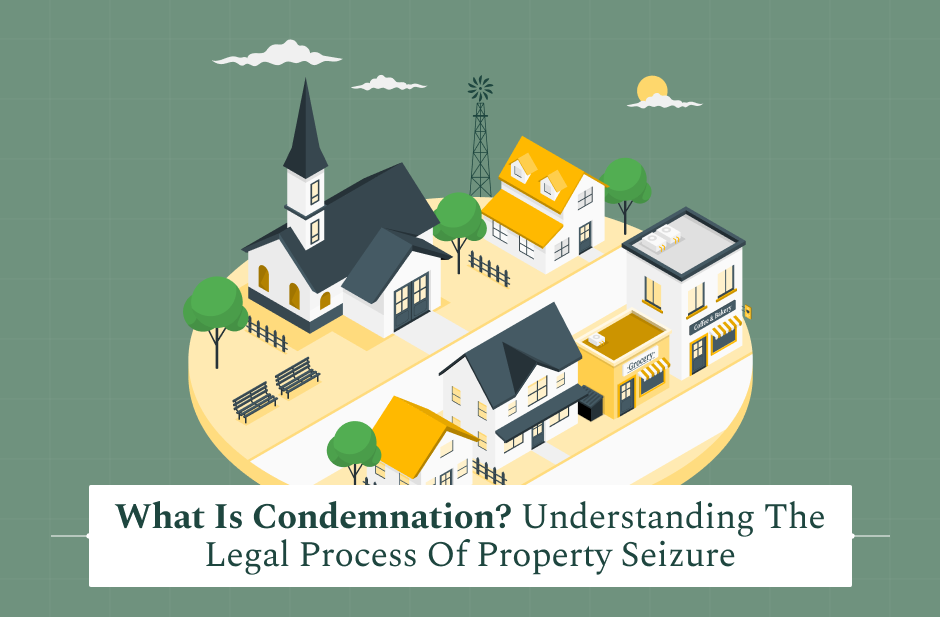A Will is not enough if there is no executor to process it. Disputes are inevitable in such a state. Let me take you through a similar instance.
The former Playboy Model Anna Smith married J. Marshall when he was 62. When he died, a strife-torn legal battle ensued. Smith claimed her husband promised she’d get 50% of the estate.
Meanwhile, Marshall’s stepson, Pierce Marshall, was up for a contest. He claimed that Smith was not telling the truth. The long-drawn battle continued long after Marshall was no more!
But nothing of the sort would have happened if an executor were present there. Want to know- who’s the executor? Can an executor decide who gets what? Keep reading.
I will discuss the prime duties and responsibilities of an executor here. In addition, I will etch all existing debates on what an executor of a will can and cannot do, and much more.
Who is an Executor of an Estate?

What is an executor of an estate? Can an executor decide who gets what? To know that you must know who an executor is at first.
An executor is the person liable to see through the closing of an estate. The person will first carry out the financial orders in the will. Meanwhile, it is mandatory to follow the decisions of the deceased, who left the will.
Either the court or a testator will appoint an executor. After that, the executor will process the claims of the will individually. However, the executor’s position is unchangeable.
In fact, the will documents the name of the executor. The executor’s position is official after he accepts a case formally.
What an Executor of Will Can Do?

In the US, more than 64% of the people claimed that making a will is the sane thing to do. Yet, a meager 32% left a will for beneficiaries after his demise. In conclusion, most people don’t care about what happens to their assets when they are no more.
However, 47% of the US households fight in property related litigations. So, the role of an executor is crucial here. Meanwhile, a question arises: Can an executor decide who gets what if there is no will? Time to find out.
- An executor can only administer a person’s last wish, as documented in “the last will.”
- Only a testator or the court can appoint an executor.
- A living person has to request the appointment of an executor.
- Executors can tackle all tangible and intangible assets of the deceased, including stocks and bonds, real estate, collectibles, direct investments, etc.
Common Queries About an Executor’s Role:
Are you concerned about how much authority an executor has? Don’t worry, you’re not alone. Most of my readers expressed these doubts. I would go to their questions one by one.
Martha had this question to ask. She said- “An executor can interpret a will in multiple ways.” No doubt he can. For instance, one interpretation may indicate you inherited a house from your father. Another interpretation of the same will may say- you nd your siblings inherit the house simultaneously!
On that note, the apparent question is:
Can an Executor of a Will Decide Who Gets What?
There are two things you must know here. Firstly, an executor has a fiduciary duty. Secondly, he has limited discretion. It means an executor must adhere to the exact terms of the will. He has no authority to interpret it in his terms.
Moreover, he has high accountability. He has to produce evidence before the court, justifying his actions and their consequences.
James asked the following question. He had a practical example to share. His father left an income-producing rental property meant to be distributed equally among all siblings.
After a few months, their executor informed them that dividing the property as it was would not be feasible. The reason he cited- the rental units were non-identical. So, he proposed he would buy the property himself. Meanwhile, he said he would distribute the value from the sale to all siblings.
It triggers the following question-
Can an Executor Transfer Property to Himself?
The Probate Law states that an executor must avoid conflict of interest at all costs. Therefore, an executor who transfers property to his name can face legal consequences.
The blog started with the question- can an executor decide who gets what?
On that note, mind the things that an executor cannot do carefully:
- An executor cannot start estate proceedings before the original estate owner has passed away.
- He cannot sign a will or related documents on behalf of the client.
- Executors must not sell an asset below market value without informing the people who will inherit the will.
- Most importantly, he cannot off or buy an asset linked to a beneficiary through the will.
- The beneficiaries can contest the will if they feel the executor misinterpreted it.
Meanwhile, there are some disputes where the executor’s role becomes confusing. Often, clients may hire multiple executors to manage a colossal property. It certainly increases the amount of paperwork and may spark disputes.
One or more might not be able to deal with creditors or understand matters related to estate tax. That’s why you must check out how to make a will skillfully.
Often, co-executors may agree to serve an individual. Consequently, others would waive their appointment.
Secondly, disputes may arise when there are intrusive heirs. Often, families have heirs who descend and claim contents or valuables.
However, that might be contrary to the deceased’s wishes. In that case, the executor may promptly call a property distribution meeting. He may also sell the property on short notice and distribute the value. If you know property law, things would be easier for you.
Meanwhile, note that if he does so, it is to protect the interests of the original beneficiaries only. Even then, he can’t sell off the property at will. He must inform the beneficiaries about his move, justify the same and buy in consent.
So, based on the areas of dispute and The US probate Law, here is a brief list of the things that an executor can never do:
- Can an Executor Decide to Sell a House?
No.
- Can an Executor Decide Who Gets What if There is no Will?
No. In that case, he has to follow the intestate succession law and related clauses under Probate Law.
- Can an Executor Decide Who Gets What after Death?
No.
At best he can decide the mode of payment. For example, when other intestate descendants are clamoring for a share, he may sell off and settle the shares in cash instead of in the estate, stocks, earnings, etc.
Can the Executor Change the Will?
I would repeat it. Executors cannot alter the will. They cannot disregard any clause from the will. Moreover, they can’t disregard the legal rights of any beneficiary.
What happens when a lawful beneficiary raises a dispute, delaying the distribution?
The probate court and lawyers are there for that. The executor can file a civil case with records of the issue. Meanwhile, the court will take upon the case then.
How Much Time does an Executor Have to Pay the Beneficiaries?

There is no definite time frame. However, a beneficiary may expect the executor to settle the estate and release the dues in 24 months. Meanwhile, the probate law says that an executor can’t make a decision that reduces the asset’s real-time value by much.
The assets may be settled within 6 months when the estate is small or straightforward. But complicated cases may take up to 6 months to resolve.
Executor vs. Administrator: What’s the Difference?
Administrators and executors have the same role. Similar to be specific. Here is how their role varies:
| Administrator | Executor |
| Personal representative to work with the client. | Personal representative to step in, when directed by the court. |
| Appointed by the client. | Appointed by the probate court. |
| Recruited for the job naturally. | Recruited, when there is no will or appointed executor does not work diligently. |
Executor vs. Trustee: What’s the Difference?
When making an estate plan, you can put some or all of your assets in a trust. A trust is different from a will. Here, the clients clearly state- how the asset will be handled or managed, after he’s deceased or incapacitated.
The person to manage all these is a trustee. But his role is nothing like that of an executor:
| Executor | Trustee |
| Handles the last will. | Handles all assets as per the trust agreement. |
| Distributes holdings as per the client’s will. | Manages the trust on behalf of beneficiaries. After that, the assets are distributed as per the trust’s specifications. |
Executor vs. Power of Attorney: What’s the Difference?
PoA is a legal attribute. However, the executor settles the deceased person’s estate per the last will. When incapacitated or unable to manage your assets, you may transfer the power of attorney to work on your behalf.
If I give my power of attorney to an individual, he becomes the agent. Again, the agent works in the best interests of the principal or the asset he manages.
When You Can Set Up a PoA?
- You must be at least 18 years old.
- You can use PoA for financial, medical, and private matters.
Example: Suppose your property is in your name. So, your spouse would need power of attorney to initiate any legal action instead of that property.
Don’t Forget!!
Are you building an estate plan for yourself or any close one? On that note, remember that the laws on executorship vary from one state to another. But can an executor decide who gets what? That’s impossible by all means. Before you proceed, read the article in full and learn your rights!!!
If you have any other queries about hiring an executor, post them in the section below. I will revert ASAP!!!
Read Also:
















